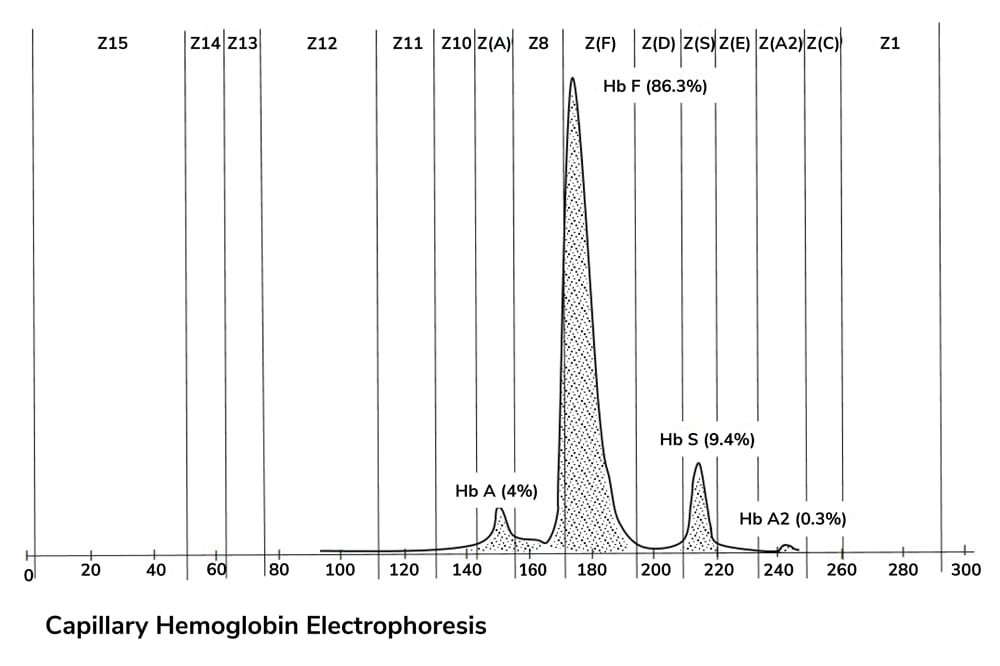Growth monitoring could screen children for celiac disease, enabling easier lab diagnosis
Celiac disease (CD) has a prevalence of around 1–2 percent in Western populations, but less than a third of patients receive a diagnosis. Accurate blood-based tests are available, but the idea of population-based blood screening is controversial. Many symptoms of CD, such as poor weight gain and inconsistent growth are very nonspecific; which means it can be a challenge to identify which children might benefit from blood tests. Now, Finnish researchers are working to develop a noninvasive screening method to pinpoint CD earlier, and more accurately.
Using five growth-based parameters, the researchers were able to predict which children had CD with over 80 percent accuracy. “Systematic population-based screening of childhood growth would facilitate early diagnosis of celiac disease,” says co-author of the associated paper (1) Sankilampi Ulla, “as faltering linear growth may be the earliest way to detect symptomless celiac disease.” Early diagnosis of CD is linked to better outcomes, and could lessen the impact of the condition on health – and since many disorders affect growth, monitoring could potentially improve the diagnosis of other disorders too. Ulla and her team now intend to perform a prospective study to further validate the screening method.
References
- A Saari, et al., “Systematic growth monitoring for the early detection of celiac disease in children”, JAMA Pediatr, e1525, (2015). PMID: 25730696.




